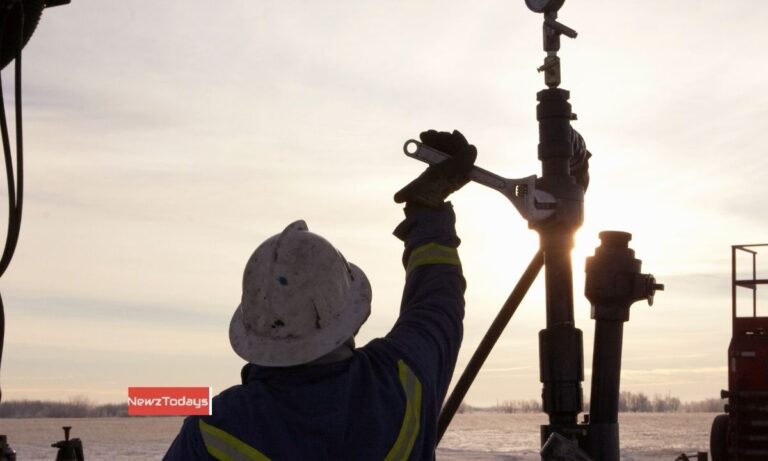Islamabad: The Oil Marketing Association of Pakistan (OMAP) has accused the Oil and Gas Regulatory Authority (OGRA) of harassing the petroleum industry by intruding into deregulated sectors while failing to perform effectively in its actual regulatory areas.
In a strong statement, OMAP criticized OGRA’s “unwarranted interference” in the solvent trade — a deregulated segment — where the regulator has been repeatedly demanding business and customer data from Oil Marketing Companies (OMCs) and refineries.Ogra Sets Transportation Tariff for LNG Shippers
“OGRA’s actions are not only beyond its legal mandate but are damaging confidence in the legitimate petroleum trade,” OMAP said. “The regulator seems more interested in poking its nose into deregulated areas instead of fixing the crises within its core jurisdiction.”
OMAP noted that OGRA’s repeated data demands for deregulated products, such as solvents and by-products, have created confusion, discouraged legal production, and exposed companies to unnecessary scrutiny. “These are free-market goods, fully taxed and outside OGRA’s pricing or licensing control,” the association emphasized.
The Association further alleged that OGRA has failed to address major regulatory challenges, including its inability to convince provincial governments not to impose the Carbon Emission Surcharge (CESS) on regulated petroleum products — a matter that is constitutionally a federal subject.
“This reflects OGRA’s misplaced priorities,” OMAP stated. “While the regulator struggles to perform its legitimate duties, it continues to burden businesses that operate transparently and legally.”
OMAP urged OGRA to refrain from exerting pressure on deregulated products and stop demanding customer-level data for non-regulated items. It also urged to align its conduct with the Government’s Ease of Doing Business vision, and focus on genuine regulatory issues rather than harassing industry players.
“The solvent trade is a small but vital sector supporting refineries, OMCs, and small industries while contributing to national revenue,” OMAP concluded. “Instead of discouraging this lawful business, OGRA should be facilitating growth and addressing real policy bottlenecks that hinder the energy sector.”






